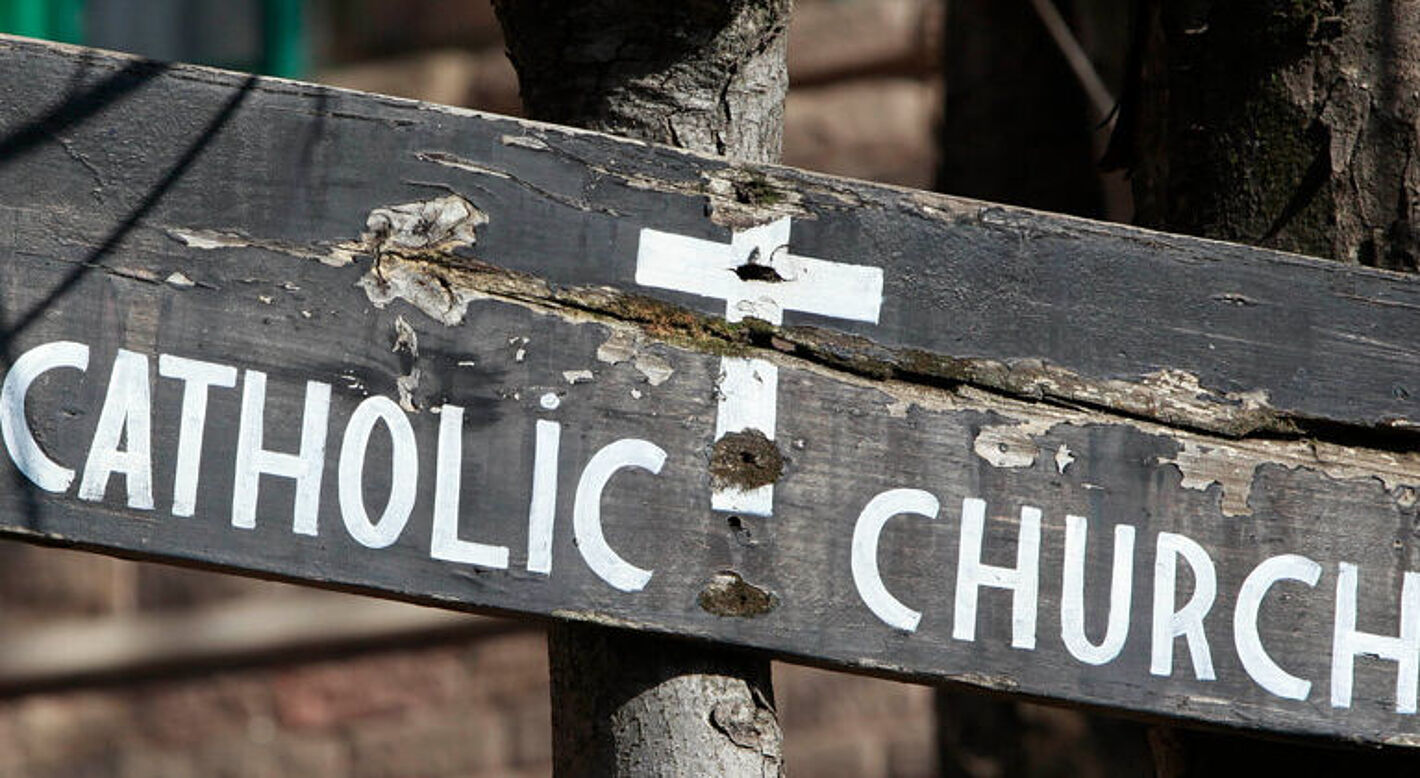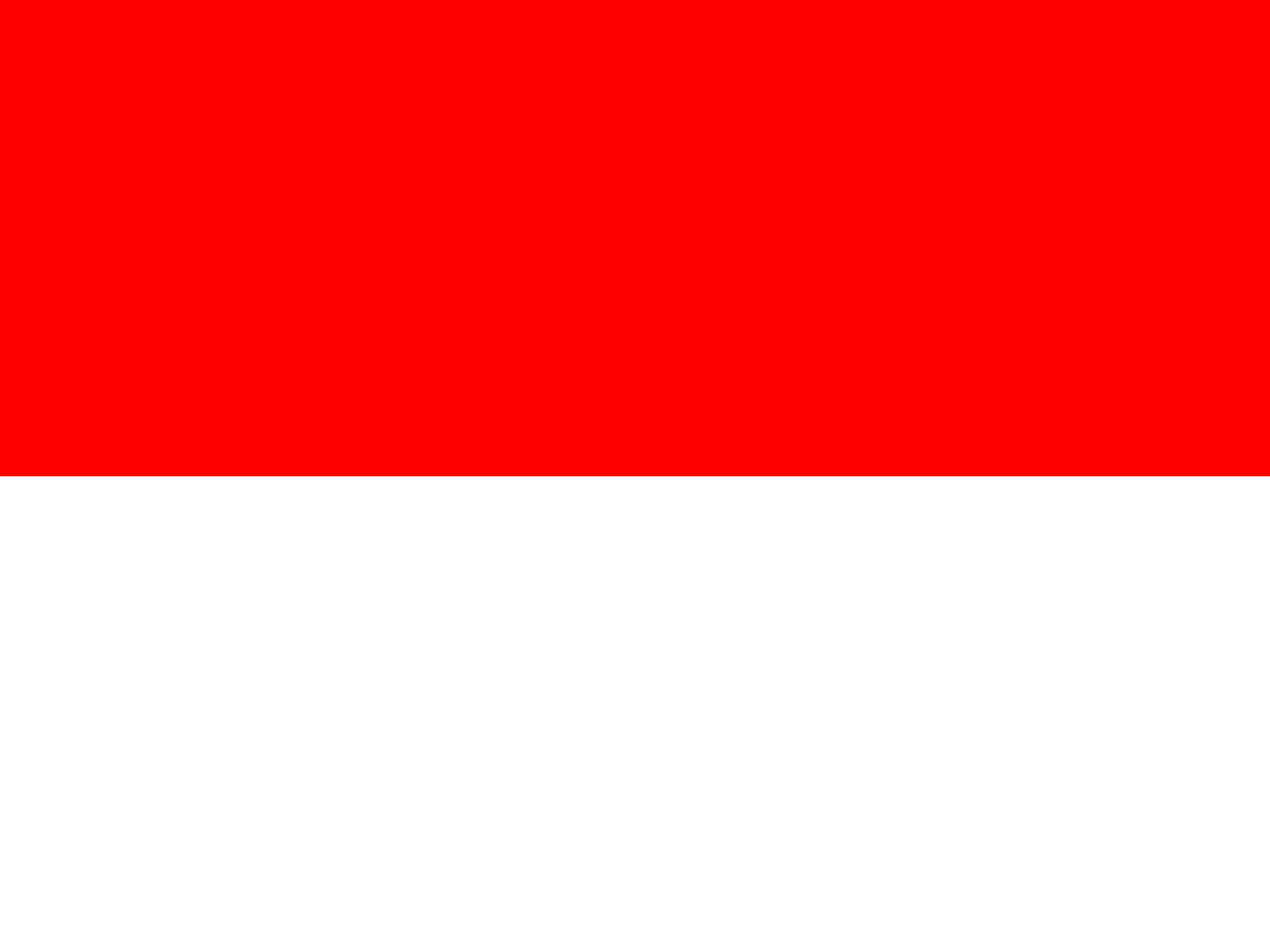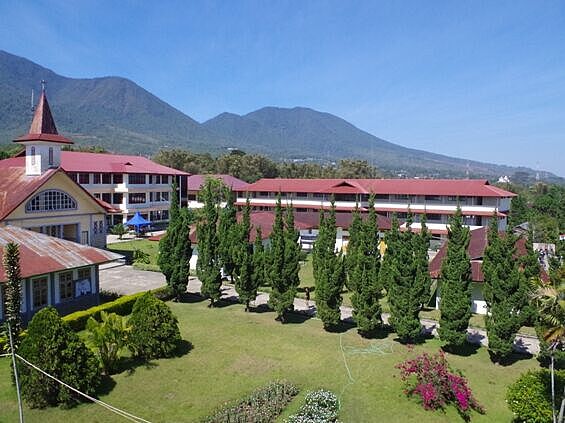
Network Pastoral Asia
Indonesia – St. Paul College
About the Institute
St. Paul College is a teacher training college which aims to fulfill the need for lay leadership and lay catechists in the Church, especially in Indonesia. It is located in Ruteng Diocese, Flores Indonesia. Originally it was founded as a course institute for catechists in 1959. In 1968, it was changed into formal education which focused on Catechetic (Theology) program. By the end of 1990s, the scope of its mission was extended to the important role of lay leadership in the wider world and not only in the Church. Therefore the College opened the English Teacher program, Elementary Teacher Program, Mathematics Teacher Program, Indonesian Language Teacher Programs, and Kindergarten Teacher Program. The Theology program aims at preparing students to be catechists at any level of the church (from basic community to diocese level) and Catholic Religious Teachers at any school. While the other programs aim at preparing students to be good catholic professional teachers and lay leaders who are committed to exercising together their distinctive role in secular affairs and certain pastoral functions that build the family of god into responsive witnesses of Christ’s universal mission of service in charity to all humanity.
Vision/Mission
So far this college has graduated thousands of catechists and lay-leaders who are working in the whole part of Indonesia. As catechist, they become the leader of catholic basic communities, the acting leader of parish Council, the leader of the commission of parish council etc. Besides most of alumnae are catholic religious teachers at School, from kindergarten to university.
Curriculum
To achieve these goals, we have developed a curriculum which considers their human, spiritual, academic, and pastoral dimensions; and includes personal, social, professional as well as managerial competence. The curriculum for theology programs is generally based on the curriculum designed by the Theology Consortium in the country. While the curriculums for other programs generally follow the national curriculum and curriculum added by institutional content, which includes Catholic Religious Subject, Spirituality, Christian Ethics, Music in Liturgy, Environment Education, Human Rights Education. The curriculum gives more rooms for several subjects that develop Christian values and spirituality to all the students.
The institute has established a research and community development centre which functions to conduct research in pastoral and cultural field. In near future the college plans to open some new programs (program of prayer, study, and reflection on the Catholic Faith and on the life of discipleship and service within the Church) to answer the need of the diocese of Ruteng. The course will be of eight week nights, e.g., every Wednesday for eight weeks, or a series of three Saturdays. It will focus on the enrichment of catechists, teachers, catechetical leaders, youth ministers, diocesan administrators, and parishioners. The college is committed to exercising together certain pastoral functions that build the family of God into responsive witnesses of Christ’s universal mission of service in charity to all humanity. At the moment there are more than 3000 students including the Muslim (Islam) students, 100 professors, and 50 staffs.
Partner of Network Pastoral Asia
St. Paul’s vision is to be centre of excellence in multi-cultural and multi religious education. This vision really drives us to participate in NPA.
Fr. Dr. Yohanes Servatius Lon (Director)






